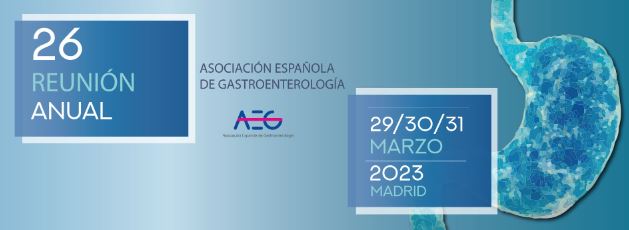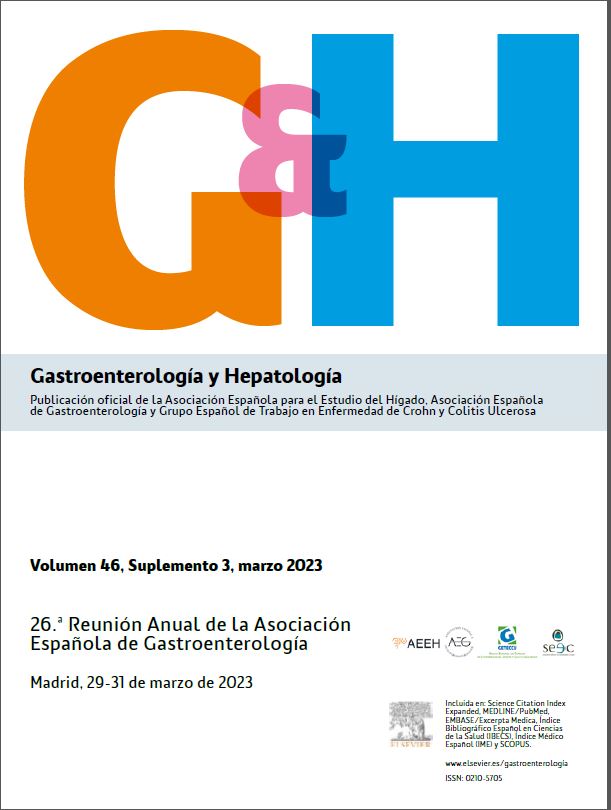118 - EFFICACY OF UPADACITINIB DOSE ESCALATION IN A PHASE 3 LONG-TERM EXTENSION ULCERATIVE COLITIS STUDY
1University of Calgary, Alberta, Canada. 2University of North Carolina at Chapel Hill, North Carolina, USA. 3Renji Hospital, Shanghai Jiao Tong University School of Medicine, Shanghai, China. 4University Hospital Erlangen-Nürnberg, Friedrich-Alexander-University Erlangen-Nürnberg, Erlangen, Germany. 5Sapporo Medical University School of Medicine, Sapporo, Japan. 6AbbVie Inc, North Chicago, IL, USA. 7Amsterdam University Medical Centres, Amsterdam, TheNetherlands. 8University Hospital La Paz, Madrid.
Introduction: We evaluated the efficacy of dose escalation to UPA 30 mg QD (UPA30) among patients who demonstrated an inadequate response to UPA 15 mg QD (UPA15) during the long-term extension (LTE) study U-ACTIVATE.
Methods: In the UPA UC program, patients who did not achieve a clinical response per Adapted Mayo score at week (wk) 8 in the phase 2 induction study and patients who had inadequate or loss of response in the phase 3 maintenance study could enroll into the 288-wk U-ACTIVATE study and receive open-label UPA15 regardless of their treatment and dose in the precedent studies. Dosing could then be escalated to UPA30 if the patients demonstrated inadequate response to UPA15 and met the criteria for dose escalation. In those with dose escalation prior to wk 48, efficacy endpoints were assessed at wk 48 (the first visit with endoscopy evaluation in U-ACTIVATE). All patients who received at least one dose of the study drug (ITT analysis) were included in this study. Results were based on non-responder imputation with 95% confidence intervals (CI) calculated by normal approximation to binomial distribution.
Results: The analysis was performed among 190 patients who have completed the wk 48 visit or had entered the study at least prior to wk 48 and the data cut-off. At wk 48, 30.0% achieved clinical remission, 27.9% achieved CS-clinical remission, 15.8% achieved clinical remission at wk 48 and CS-free clinical remission ≥ 90 days prior to the wk 48 visit, 41.1% achieved endoscopic improvement, and 19.5% achieved endoscopic remission.

Conclusions: In patients with an inadequate or loss of response to UPA15, dose escalation to UPA30 was associated with improved efficacy outcomes including clinical remission, CS-free clinical remission, endoscopic improvement, and endoscopic remission.









